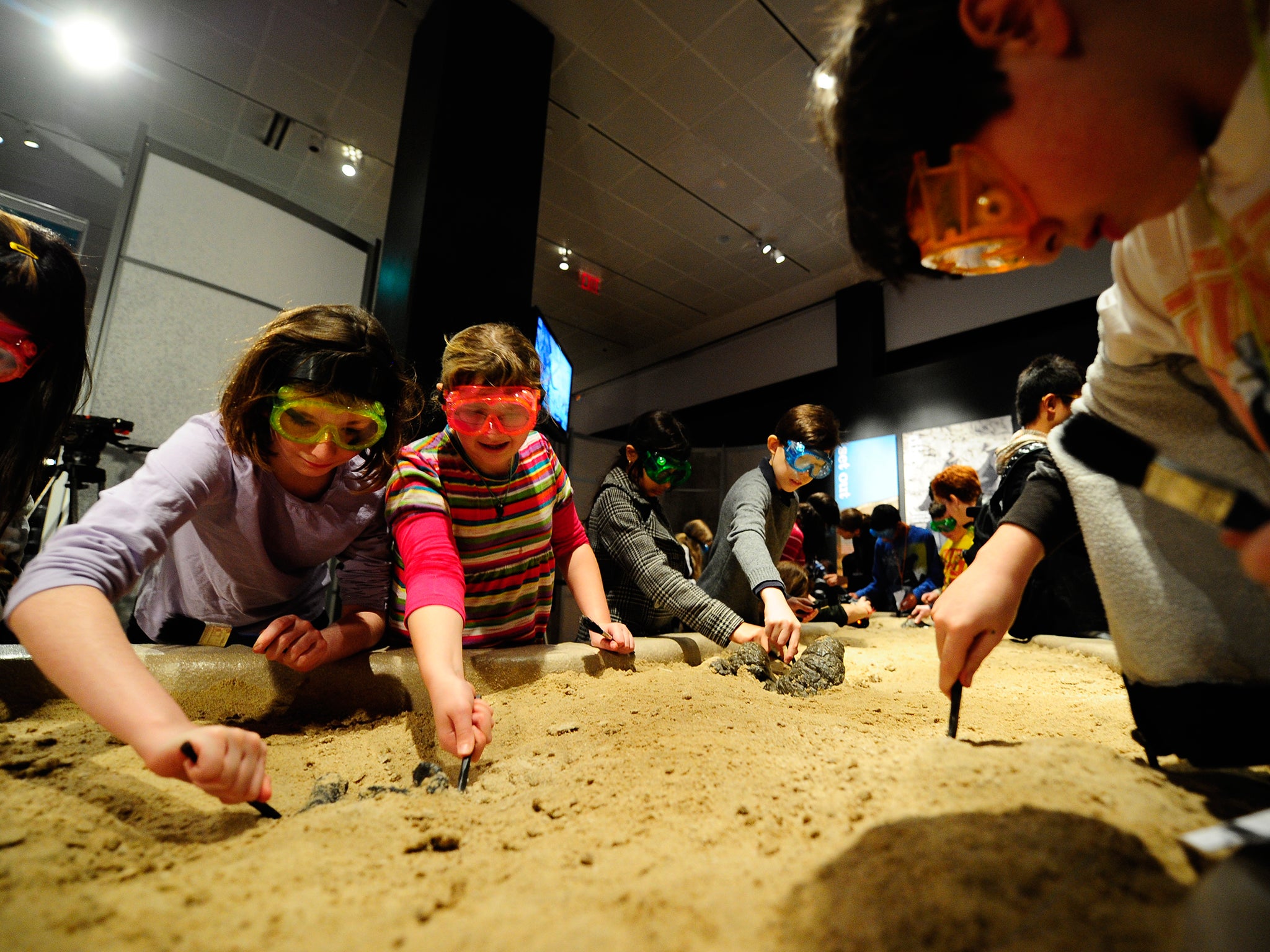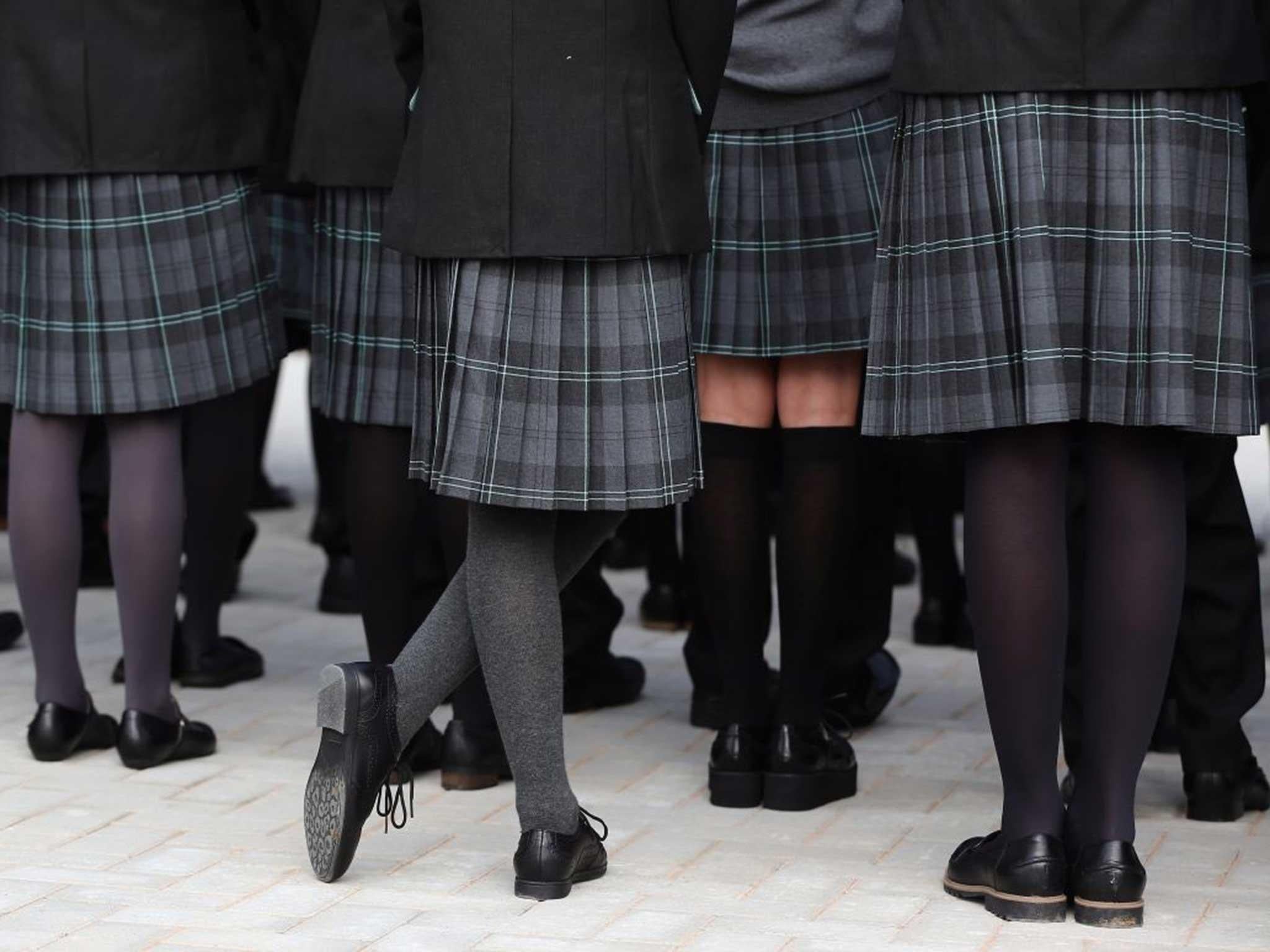Charges for school trips 'exclude poorer pupils' from key subjects
State schools are breaching government guidelines by asking parents to cover costs

Schools are breaching guidelines by charging parents for field trips that are central to exam courses – leading to fears that children from poor families are opting not to study geography and biology.
A survey of 2,500 parents revealed that more than a third of those with children over the age of 11 have been required to pay for field trips that are compulsory parts of assessed courses.
Many of the trips take place during the school day – meaning state schools are breaching government guidelines by asking parents to cover the cost.
The study by the National Association of Schoolmasters Union of Women Teachers (NASUWT) also found that 91 per cent of parents had been asked to contribute for any sort of school trip – including outings to museums, theatres or nature reserves.
Almost half of parents paid more than £50 per child over the past year to enable participation, with one in 20 paying more than £500 a year. Nearly a quarter of children over 11 years old were unable to participate in educational trips due to the cost.
Chris Keates, general secretary of the NASUWT, said: “There is no doubt that access to education for an increasing number is based on parents’ ability to pay.
“It is scandalous that children’s curriculum choices are now being restricted by whether their parents could afford the books or the educational equipment required by their course.”
The Department for Education warned that it was against the law for state schools to charge pupils for elements of a course required by the curriculum.
Official guidance states that schools “cannot charge for education provided on any visit that takes place during school hours – or education provided on any visit that takes place outside school hours if it is part of the national curriculum or part of a syllabus for a prescribed public examination.”
Schools are allowed to charge for board and lodging for residential trips, but the charge must not exceed the actual cost.
A DfE spokeswoman added: “We have made clear to schools that no child should be excluded from any activity during school hours or within the curriculum simply because their parents are unwilling or unable to pay.

“While schools can ask for voluntary contributions for trips and extra equipment, they must make clear to parents that there is absolutely no obligation for them to pay.”
The study, entitled The Cost of Education, indicates there is a growing trend for parents to have to pay for what should be a free state education.
Other examples of parents having to pay for state education include:
- uniforms which can cost up to £500. “More and more specifications have been added to the school uniform to include, for instance, trainers solely for school use and jumpers, tops and hats now having to be purchased from the school,” said one parent;
- 40 per cent of parents say they have to pay for access to after-school activities, such as clubs and societies;
- the cost of transport to school has rocketed – with one in three secondary school pupils having to pay more than £10 a week.
Ms Keates said: “The charges schools are levying are widening the gap between those children that have and those that have not.”
Join our commenting forum
Join thought-provoking conversations, follow other Independent readers and see their replies
Comments
Bookmark popover
Removed from bookmarks